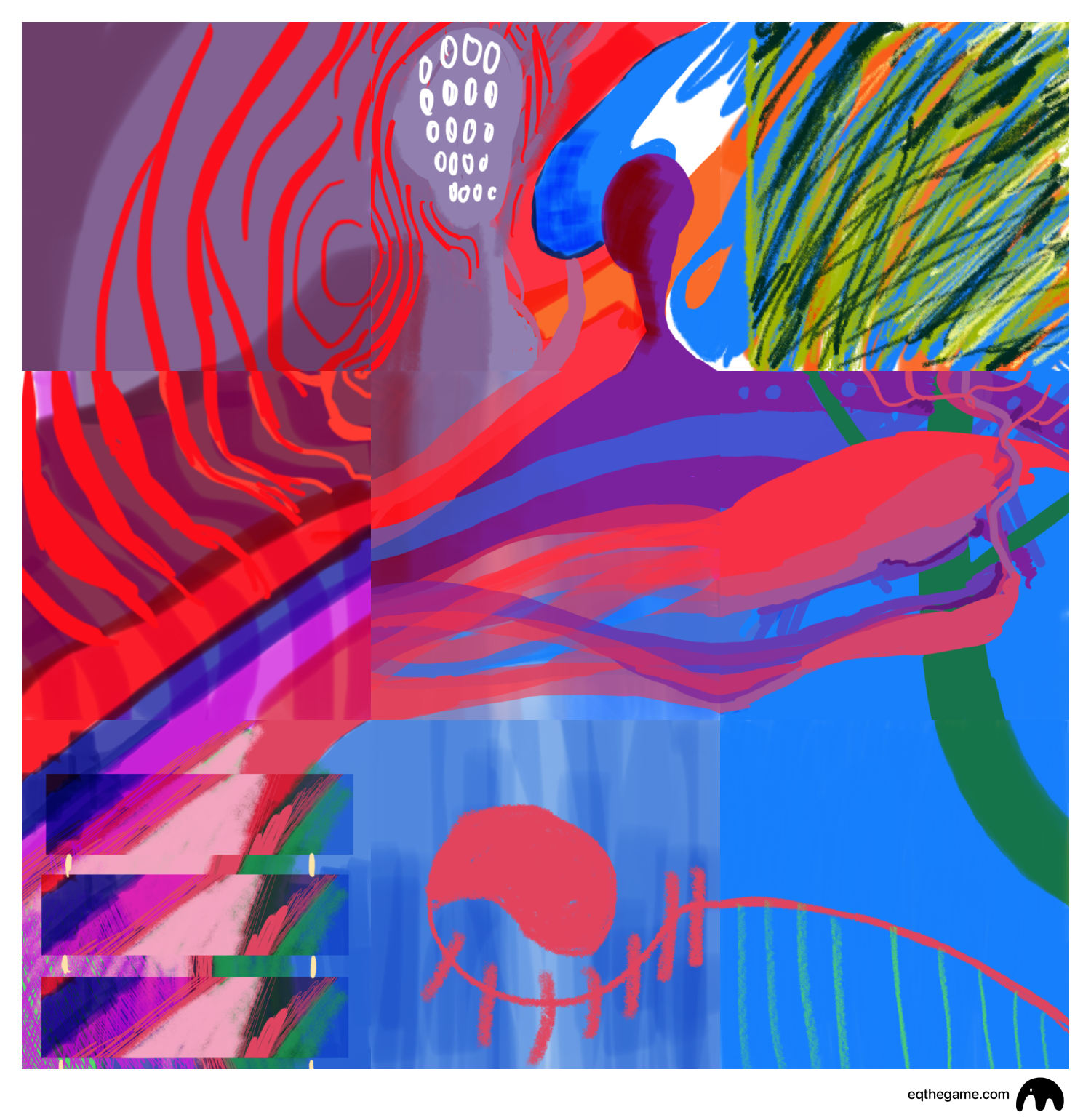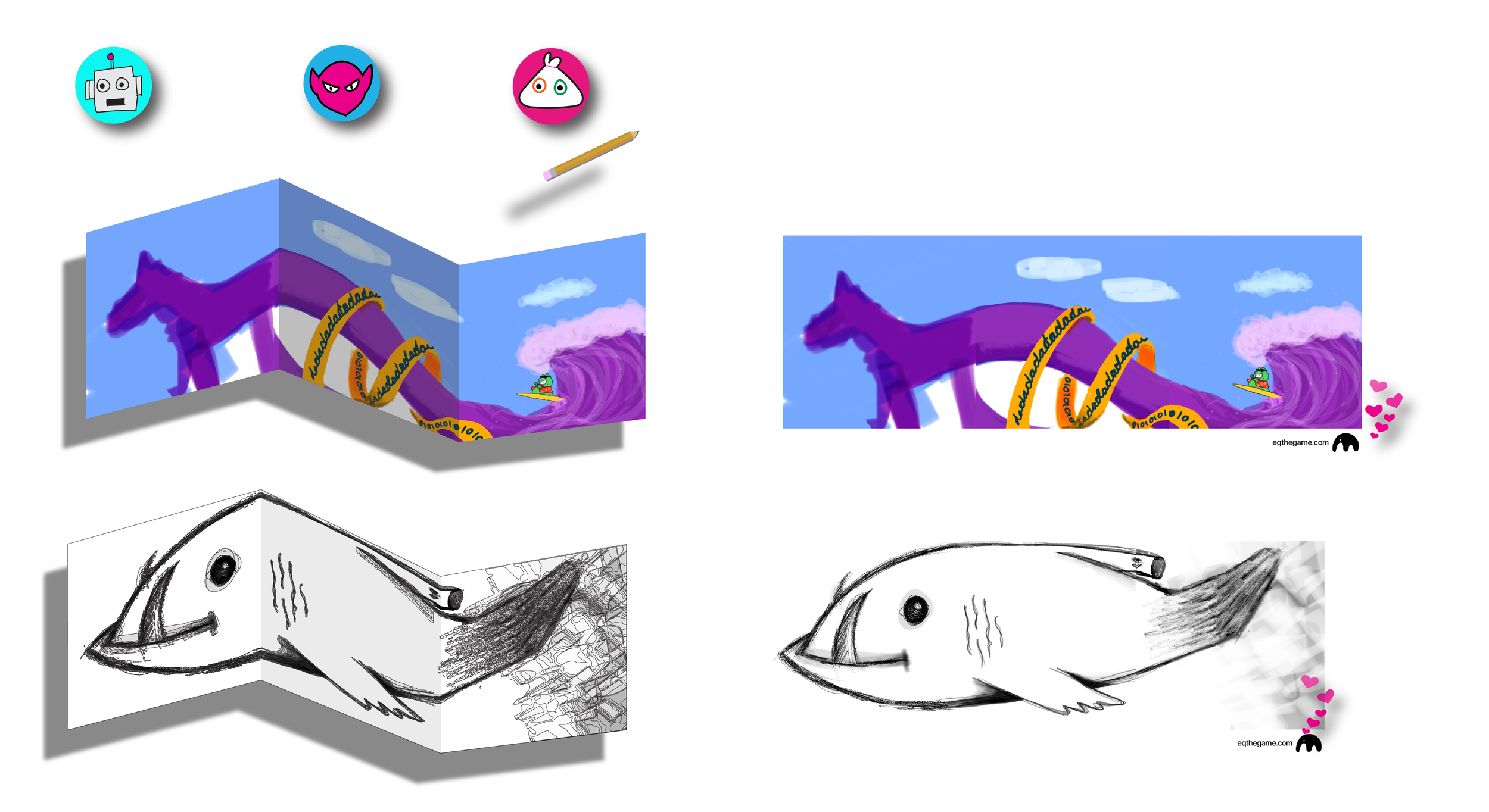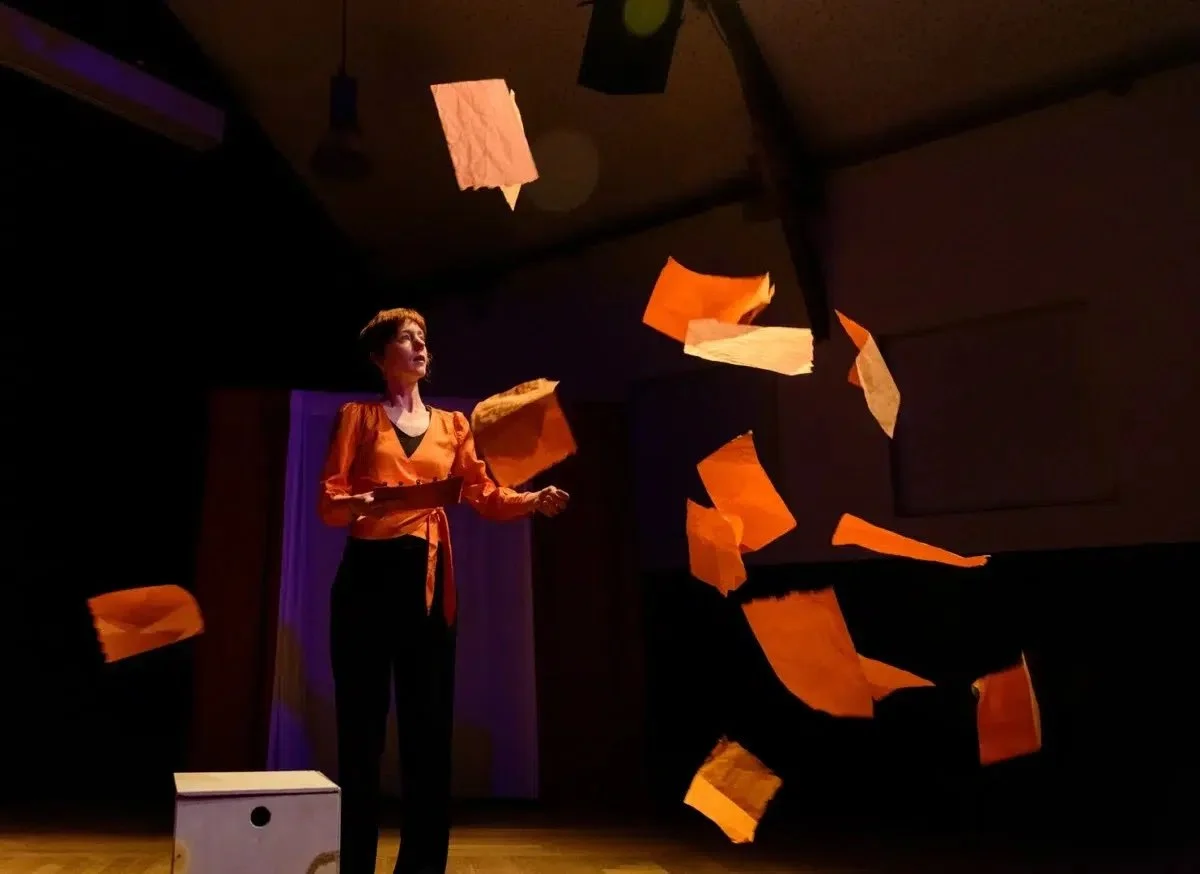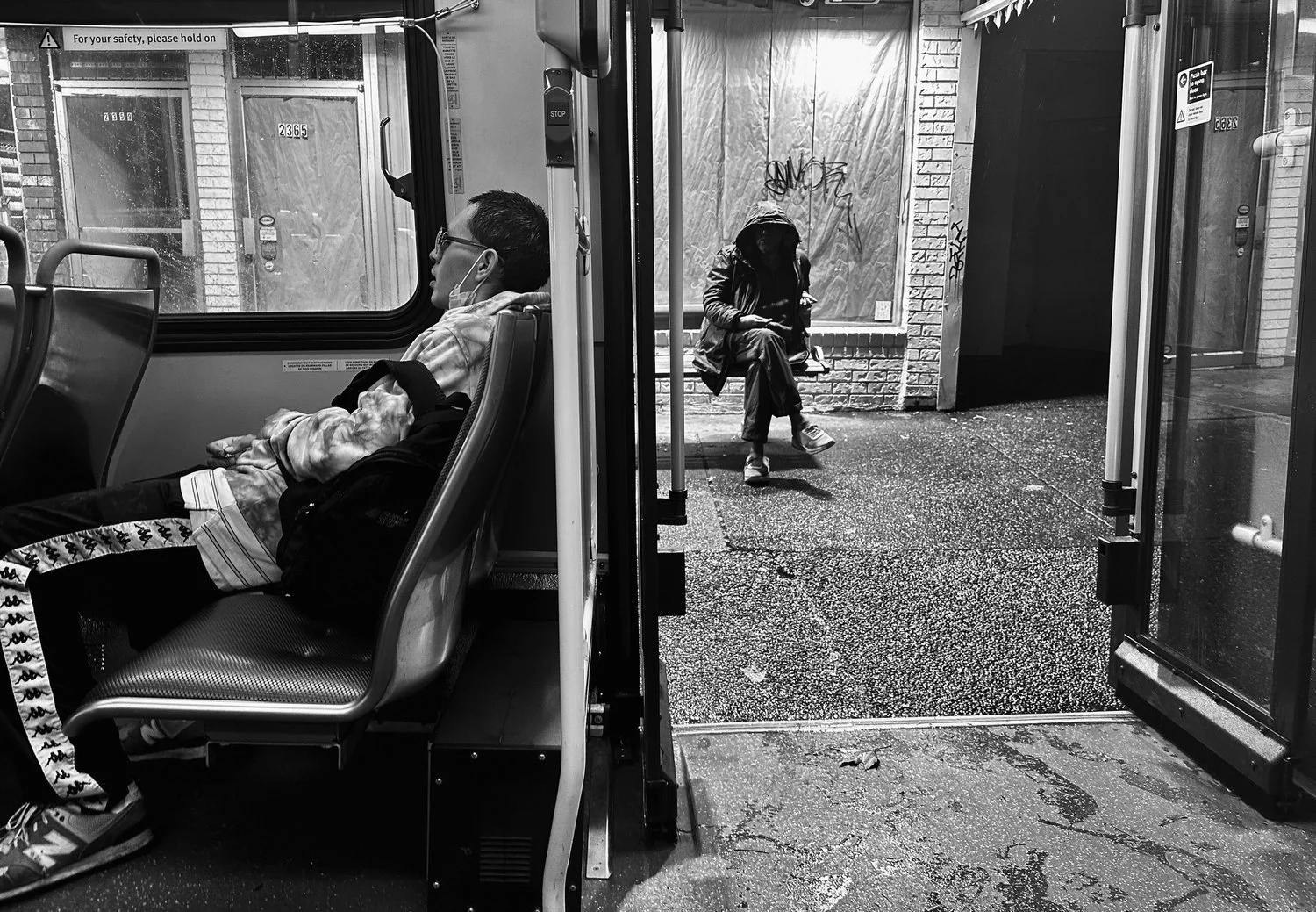Mobil Art School connects artists through EQ The Game drawing app
Inspired by Exquisite Corpse, the project invites people to create together in the time of COVID isolation
Fiona Chan, Sean Alward, Evan Lee, and Mohamed Somani, original founders of Mobil Art School.
Creations from EQ: The Game
AS AN entrepreneur, visual artist, and cofounder of Vancouver’s Mobil Art School, Mohamed Somani says creating art is synonymous with building connections. He believes there is a social aspect to creativity that should be accessible to all, whether through professionally run exhibitions, art history classes, or even just doodling in the margins of a notebook.
Now, in the pandemic era, Somani and his team at Mobil have found a way to bring this philosophy to the virtual sphere with their new art and social app, EQ The Game.
“The lightbulb moment was us asking why there isn’t a digital version of what we do, where there’s no limitation of page size or material or who you can collaborate with,” Somani explains. “In a digital version, you can go any direction with any tools and any subject and you can collaborate with anyone in the world.”
This idea of connection through art is the very notion that led him, along with Sean Alward, Evan Lee, and Fiona Chan, to establish Mobil Art School in 2018.
The school was founded initially with a fully mobile concept. Somani and his cofounders would bring their extensive expertise in art fields to retirement homes, often hiring local artists to engage in their community as well.
“We wanted to reach communities that are not normally reached in this kind of way and give them quality classes where we don’t water things down,” Somani says. “We’d talk about the things we’re passionate about, the paintings we love, the things we’ve grown up with, and we found that the people we were teaching had all engaged in art at some point of their lives. They loved it!”
Such positive reception led Somani and his cofounders to establish a physical school in Vancouver’s Chinatown only six months later. People of all artistic backgrounds were invited to the school to create in a judgment-free, play-based space. The school would host nights of printmaking, drawing, ceramics, movie nights, and “Drink and Draw”, where participants would be welcomed to an open bar to draw with other participants.
One of Mobil’s unique classes included “Exquisite Corpse”. This Surrealist art game asks participants to draw on a piece of paper and hand it to the next artist, but not before folding it up and hiding what they’ve drawn. The next participant, with no knowledge of what the person before them contributed, then adds their own creation to the mix. Once the paper is unfolded at the end of the game, the artists see the inevitably strange and interesting creations.
An example of how one of EQ The Game’s options works.
The connections formed playing the game made Somani realized the social aspect of art and creativity.
With his experience in tech-based startup companies, Somani was already in the industry of technology and entrepreneurship. Exquisite Corps very quickly became the jumping-off point for the creation of Mobil’s art and social app, EQ The Game.
“I talked to the developers that I’ve known for a while, and then it all fell into place once the designs were done,” Somani says. “We partnered with the Shumka Centre for Entrepreneurship, which is part of Emily Carr University of Art + Design, and so we were able to hire two Masters in Interaction Design students—April Nguyen and Thejus Kayanadath—to work with us.
“By February 2020, we had an app that we were internally testing, and the art we were seeing being produced was super interesting!” he adds.
EQ The Game expands on the principles of Exquisite Corpse.
Upon signing in to the app, participants choose from one of three options: create a virtual canvas and start an individual game, join an existing one with artists across the world, or accept an invitation to a friend’s game. Users have access to a variety of devices on the interface, including pen, highlighter, eraser, and pencil tools, along with an infinite amount of shade, colour, and line density options.
Players draw with these tools and their finger on the touch screen, either using their own inspiration or interpreting one of the app-suggested prompts, which include themes like black and white or nature. Once they are satisfied with their creation, they have the option to send their drawing to a random collaborator or directly to a friend to add on to.
If the participant chooses to join a pre-existing game or accept an invite, he or she is given a glimpse of a small section of a collaborator’s drawing to work from. This includes a sliver of the side of a drawing, where the user can only see a fragment of how the collaborator interpreted the prompt. Once adding their contribution, the participant is sent to the reveal page, where the work is virtually unfolded to uncover the full collaboration.
This virtual format eliminates the restrictions of Exquisite Corpse—material, mediums, space, and number of artists—as participants play with individuals from around the world. Because of this, Somani realized EQ The Game as more than just an art app, but also a facilitator for play and surprise that promotes connections and forges relationships.
By this point, Mobil’s founders had made the difficult decision to close their physical space in Chinatown, as it was challenging to juggle the school and the release of the app concurrently. COVID-19’s looming presence in early 2020 made the decision slightly easier, as it was becoming clear to Somani that EQ The Game was about to become more necessary than ever.
“People needed this now more than before COVID— to have some creative outlet when they’re socially isolated,” Somani says. “COVID really helped us realize that connection and art and mental health really go hand in hand. It made us rethink the social aspect of it. What if creativity is a dimension to connect people?”
In the beta testing phase of the app in April 2020, Somani himself was introduced to numerous artists through EQ The Game. These are connections that the app aims to build worldwide, creating not only beautiful art, but meaningful relationships outside of the normal social media contexts.
“I didn’t know these people I was drawing with, what their political beliefs were, or anything that divides us on any other social app. We were just purely connecting on a creative level,” he explains.
Somani says EQ The Game aims to push the boundaries of art and its virtual capacity. But the team is also interested in exploring the potential for the app to reach beyond the art world. He notes that the act of drawing in the Exquisite Corpse format instills the concept of collaboration, which can then be applied as a team-building activity for businesses and companies.
“EQ is a tool that is applicable to any company to keep the muscle of creativity going and nurture the ability to deal with change and chance,” he says.
“One thing we’re thinking about is how we can make it more accessible in a variety of mediums,” Somani adds. “To me, it’s really about world building, and that can take the form of 3-D environments, sounds, gifs with animation, and such. Text is really interesting to us too. I’d love to see EQ as a plug-in to things like iOS messages.”
Somani says the team is looking into giving artists the opportunity to profit off of the work they create on EQ The Game through blockchain ownership.
“If you’re a part of a four-person project, then you are a 25-percent owner of the work. To give people the option to own the data they produced, unlike social media, is cool to us,” he says. “We want to have a method where you own your work. If IKEA wants a pattern for their shower curtains and we see something interesting come through the app, we can pay the artist.”
For now, however, EQ The Game is focused on building connections and support during this time of need.
“Art was always a way for me to ground myself and get back to myself for who I am at my core,” Somani says. “There are so many benefits from having that kind of outlet, and I think that’s why EQ is more crucial now than ever.”
















